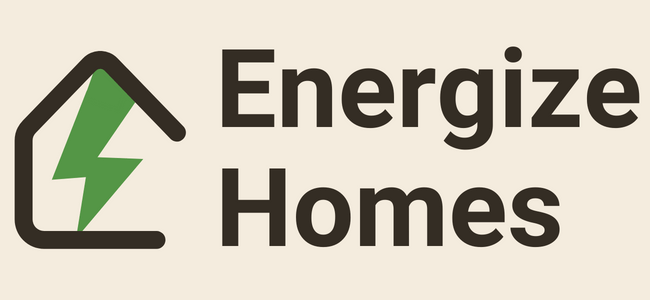Advancements in Heat Pump Technology: A Comprehensive Guide
The landscape of heat pump technology has evolved significantly in the past few years. Groundbreaking advancements have been made, leading to higher efficiency, improved reliability, and greater eco-friendliness. Whether you’re a homeowner interested in reducing energy costs or an HVAC professional staying ahead of the game, understanding these innovations is crucial.
Variable-Speed Compressors
What It Is
Traditional heat pumps mostly use single-speed or dual-speed compressors. Enter Variable-Speed Compressors (VSC). Unlike their predecessors, VSCs can operate at multiple speeds and adapt to various heating and cooling loads.
Why It Matters
This adaptability leads to an even temperature distribution and better humidity control. Importantly, it results in a Coefficient of Performance (COP) improvement, meaning you get more bang for your buck when it comes to energy usage.
| Traditional Compressors | Variable-Speed Compressors |
|---|---|
| Limited Speed Range | Wide Speed Range |
| Lower COP | Higher COP |
| Inefficient | Energy-efficient |
Inverter Technology
What It Is
Inverter technology modifies the speed of the compressor motor to adjust the heat pump’s output.
Why It Matters
Inverter technology enables the heat pump to operate at varying capacities, improving energy efficiency. The constant adjustments mean your system isn’t always running full tilt; it’s only using the energy it absolutely needs.
| Without Inverter | With Inverter |
|---|---|
| Fixed Capacity | Variable Capacity |
| Less Efficient | More Efficient |
Smart Controls & IoT Integration
What It Is
Internet of Things (IoT) technology has also made its way into heat pump systems. Smart thermostats and sensors collect data about temperature, humidity, and occupancy to make real-time adjustments.
Why It Matters
IoT-enabled heat pumps allow for greater control and customization of heating and cooling schedules, optimizing energy usage and reducing costs.
| Traditional Controls | Smart Controls |
|---|---|
| Manual Adjustments | Automated Adjustments |
| No Data Analytics | Real-Time Data Analytics |
CO2 Refrigerants
What It Is
The switch to eco-friendly CO2 as a refrigerant is one of the most celebrated advancements in recent years.
Why It Matters
CO2 has a Global Warming Potential (GWP) of 1, which is considerably lower than conventional refrigerants like R410A, which has a GWP of more than 2000.
| Conventional Refrigerants | CO2 Refrigerants |
|---|---|
| High GWP | Low GWP |
| Environmental Concerns | Eco-Friendly |
Cold Climate Operation
What It Is
Recent advancements have led to the development of “Cold Climate Heat Pumps” (CCHPs), optimized for effective heating even in extreme cold.
Why It Matters
These pumps utilize vapor injection and enhanced vaporization techniques to maintain high COP levels even when the mercury drops, making them a viable choice for colder regions.
| Traditional Heat Pumps | Cold Climate Heat Pumps |
|---|---|
| Ineffective in Cold | Effective in Cold |
| Lower COP in Cold | Consistent COP |
In conclusion, heat pump technology has undergone transformative changes, including the incorporation of Variable-Speed Compressors, Inverter Technology, Smart Controls, eco-friendly CO2 Refrigerants, and advancements for Cold Climate Operation. These innovations contribute to higher energy efficiency, better temperature control, and eco-friendliness. So, when you are in the market for a new heat pump, keeping an eye on these advancements could yield long-term benefits.
